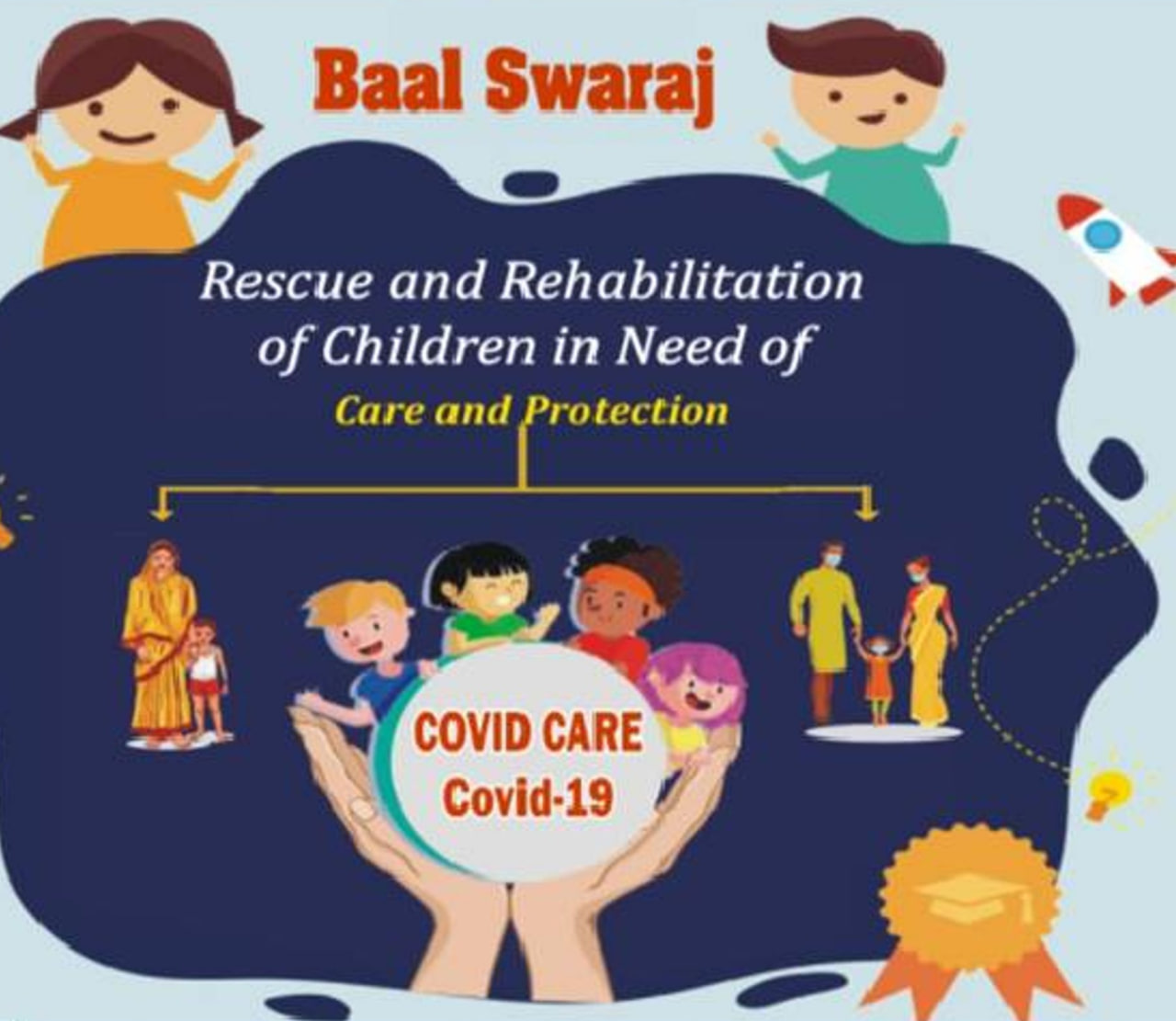Free Courses Sale ends Soon, Get It Now


Free Courses Sale ends Soon, Get It Now



Copyright infringement not intended
Context: The Women and Child Development Minister stated in the Rajya Sabha that the Union government is taking various steps to ensure the overall development and security of children across India.
Details
About Baal Swaraj Portal:
|
Mission Vatsalya ● The Ministry of Women and Child Development intended to provide ‘integrated benefits to children and women’ under Mission Vatsalya. ● Mission Vatsalya aims at ensuring a healthy and happy childhood for every child. ● ChildLine (1098), the 24-hour toll-free helpline for children in distress, is managed by the Home Affairs Ministry under Mission Vatsalya. ● The objective is to ensure a healthy and happy childhood for every child in India. ● Focus under Mission Vatsalya;
|
National Commission for Protection of Child Rights
Functions of the National Commission for Protection of Child Rights;
Steps taken by the government for child protection
|
PRACTICE QUESTION Q. Critically analyze the significance of the National Commission for Protection of Child Rights (NCPCR) in ensuring child safety and child empowerment in India. |
© 2024 iasgyan. All right reserved